By Prof. Mehmet Yuva *
On December 22, 2022, at Putin’s invitation and forced by circumstances, the Defense Ministers and Intelligence Chiefs of Türkiye and Syria met in Moscow. Following this, it was expected that the foreign ministers of the two countries would meet in mid-February and that after the Assad-Erdoğan summit, the two countries’ political relations would move towards normalization.
Foreign, defense and finance ministers of the two countries also participated in the Putin-Assad summit. The roadmap on strategic issues of priority for Damascus and Moscow was once again addressed. The cooperation program on foreign policy, defense and financial aspects of Syria’s rebuilding was revised.
Turkish newspapers chose headlines in line with their ideological characteristics about the summit. Some of them claimed that Assad had demanded ‘heavy conditions’ for his talks with Erdoğan including withdrawal of the Turkish Armed Forces from Syrian territory. Some even argued that Assad does not want normalization with Erdoğan in order to harm the opposition and benefit from it in the elections.
If this assessment were accurate, Syria would have demanded the withdrawal of the Turkish Armed Forces from Syrian territory as a precondition for the meeting between the two countries’ intelligence chiefs and defense ministers.
Russia, China and Iran’s concerns about the opposition in Türkiye
Apart from that, Russia, China and Iran have doubts and concerns about the main opposition, the Table of Six. The main reason for this is the opposition’s anti-Russian-Chinese-Iranian and pro-NATO-US-Western discourse and actions. It should be underlined that Ünal Çeviköz, Foreign Policy Advisor to the Republican People’s Party (CHP) President, made pro-NATO and pro-US statements at the same time as Assad and Putin met. Çeviköz openly threatened Russia with the words “We will remind Russia that we are NATO members.” It should be stressed that Russia, Syria and their allies carefully monitor such statements.
Former foreign and then prime minister and current Future Party chairman Ahmet Davutoğlu is a part of the Table of Six. For Damascus, the possibility of former prime minister and current Future Party chairman Ahmet Davutoğlu becoming foreign minister once again is a nightmare. A retired Syrian diplomat commented: “The Erdoğan government is aware of the Syrian leadership’s concern about Davutoğlu becoming foreign minister. That’s why they think ‘Syria needs us, we don’t have to make too many concessions to Damascus.’ Ankara is using a delaying tactic until the elections.” He also said that Damascus is more willing to reconcile than Ankara, that the conditions are changing rapidly in favor of Damascus and that Assad’s hand is strengthening against Erdoğan.
Assad before and now: The difference
The United Arab Emirates, Bahrain, Kuwait and Saudi Arabia decided to normalize their relations with Syria. There is a tendency in Egypt and Tunisia to improve their relations with Damascus after the fall of the Ikhwan governments, which were supported by Erdoğan. China brought Saudi Arabia and Iran together at the negotiating table. And Qatar blocks the Syrian opposition. These changes are of crucial importance for Assad’s legitimacy and political future. As one Russian diplomat put it, “there is a big difference between the Assad we saw before and the Assad we are seeing now. Assad, who was more of a listener and questioner in previous meetings, is now in the position of telling and advising Putin on what and how things should be done.” Under these favorable circumstances, it would be in the best interest of both countries for Assad to reach an agreement with Türkiye on least common denominator.
Damascus believes that the Erdoğan government’s goal in maintaining the Turkish Armed Forces’ military presence in Syria is to have leverage against the US and Russia, subordinate the HDP –the political branch of the PKK terrorist organization – to its political line, create a structure in those regions in which Arabs equipped with the radical Sunni ideology of the Muslim Brotherhood (Ikhwan Movement) and Syrian Turkmens will be a part of, establish military and civilian administrations subordinate to Ankara. Damascus thinks that Türkiye wants to have a say in Syria’s future in this way and claims to have tangible evidence about it.
Syria demands a timetable from Türkiye
For this reason, the Syrian government is demanding official statements from Türkiye on at least two issues in order to be satisfied with Ankara’s sincerity in saying ‘we support Syria’s territorial integrity’ and for the further development of the relations:
1) A timetable for the withdrawal of the Turkish Armed Forces from the Syrian territory under the guarantorship of Russia, Iran, China and the Arab League.
2) Ankara’s full cooperation with Damascus against bigoted religious groups that Damascus recognizes as terrorist organizations, just the way that Ankara demands from Syria against the PKK.
Syrian officials underline that once these requirements are met, the Erdoğan-Assad summit will be possible ‘because it is in Syria’s national interests’. Nevertheless, Syria is not in favor of halting the talks at a lower level, even the ones between foreign ministers.
We can say whether and when meeting between Erdoğan and Assad, and the Russian-Iranian-Turkish-Syrian foreign ministers will take place will become clear after the meeting between Putin and Erdoğan.
* Prof. Dr. Mehmet Yuva is President of the Turkish-Syrian Friendship Association. He took an effective role in the establishment of the Turkish Language Teaching Center at Damascus University, where he has been a professor for a long time.







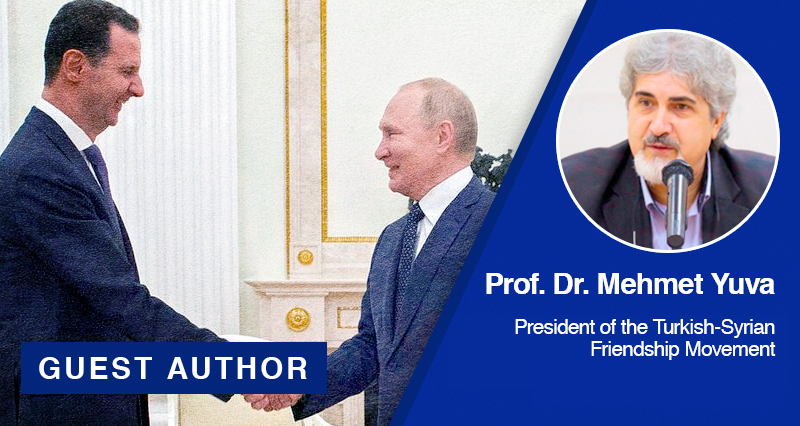
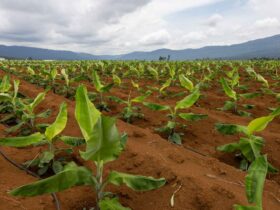
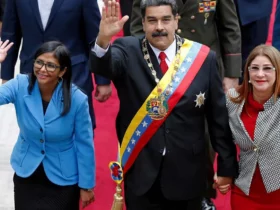
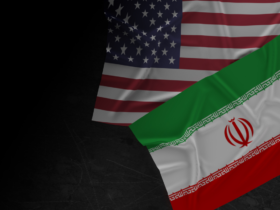
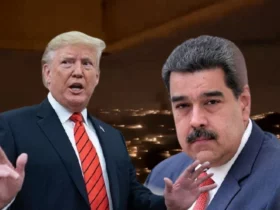
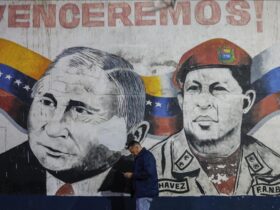
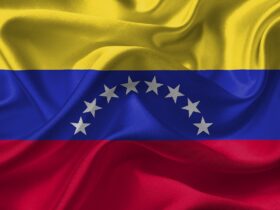

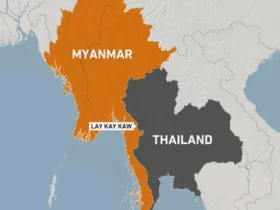

Leave a Reply